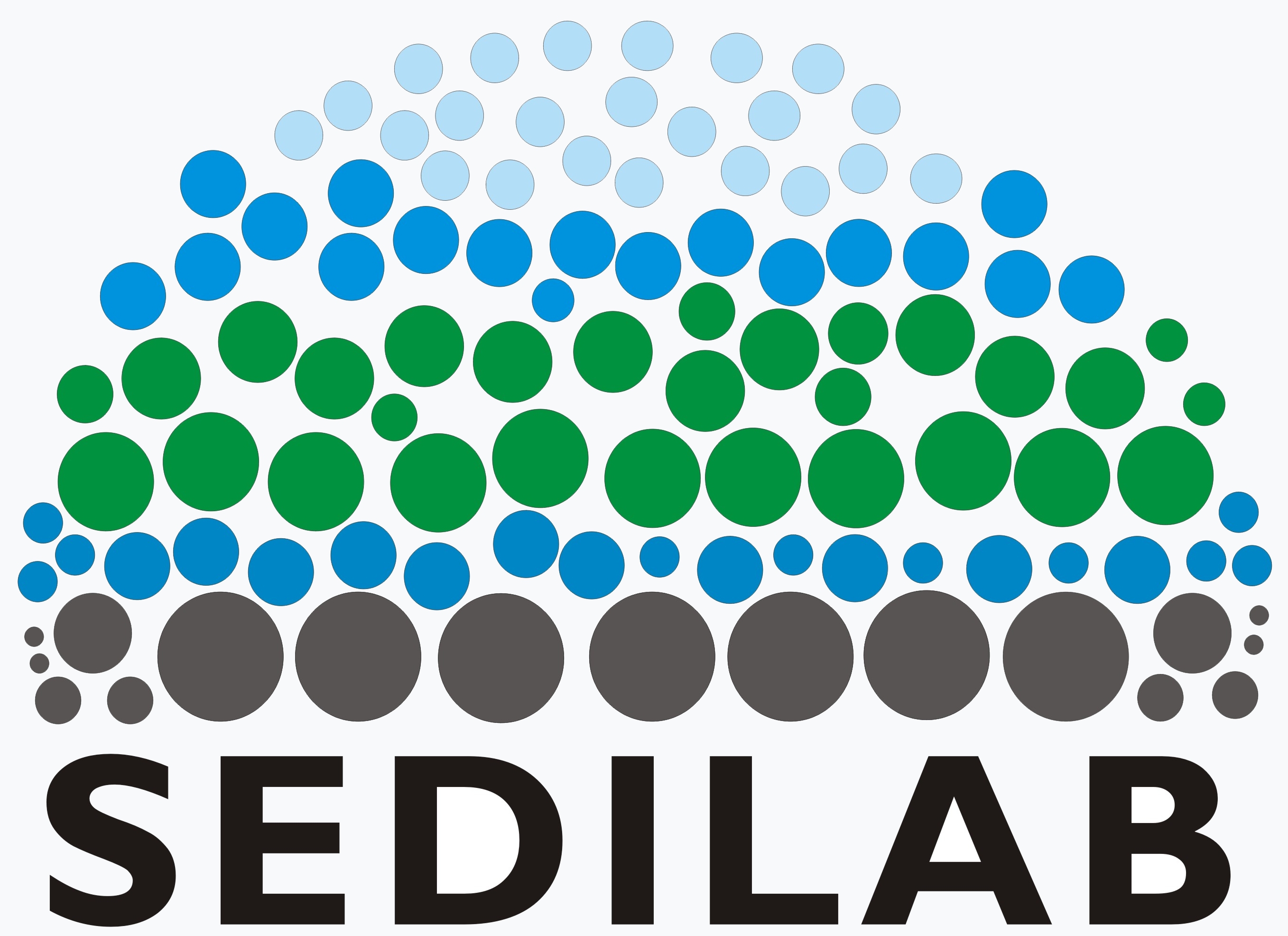
Laboratory for Sediment and Soil Analysis (SEDILAB) HUN-REN Research Centre for Astronomy and Earth Sciences, Geographical Institute
LABORATORY UNITS
Soil physical measurements and rainfall simulation
Soil physical measurements and rainfall simulator
research were started in the first half of the 2000s in the LSSA. From the soil physical measurements, the determination of porosity, porosity content and bulk density are based on the method developed by Ferenc Vér. The density results from this method are controlled by pycnometer measurements. In addition to the soil physical measurements, hygroscopicity
tests are also available.
Laboratory of liquid chromatography
SEDILAB's Liquid Chromatography Laboratory was established as a result of the NPKP project (NPKP_16-1-2016-0003) "Exploring the environmental risks of certain EDC residues in treated and untreated municipal wastewater in the Budapest urban area" (http://geohidrobma.mtafki.hu/). These measurements also have a key role in the ongoing KFI projects (2020-1.1.2-PIACI-KFI-2021-00309).
Adsorbent Development and Adsorption Research Laboratory
The SEDILAB Adsorbent Development and Adsorption Research Laboratory is a laboratory unit contributing to the development of cost-effective adsorbents for the purification of treated wastewater and irrigation water (freshwater bodies) from organic micro-pollutants, using the results of fundamental research.
